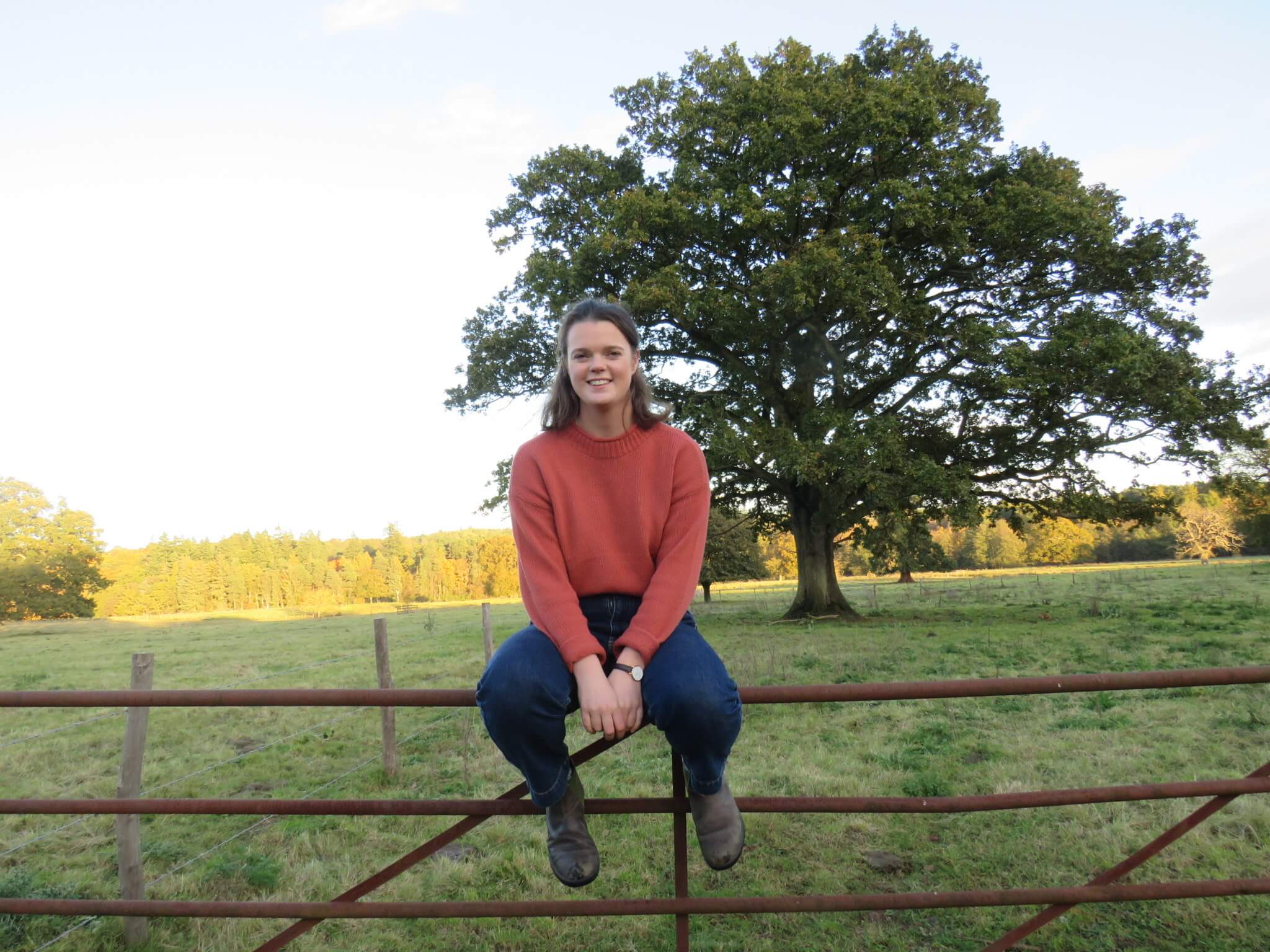When my father took on the church tenancy of Riverford in 1951, he was assured by the retiring tenant that “cider would pay the rent”. At that time, almost every farm in the parish had its own orchards, apple mill, press, and cellar complete with rows of 250-litre hogshead wooden casks for maturing the cider.
There were numerous local apple varieties: Slack Ma Girdle, Tom Putt, Brown’s, and Fair Maid of Devon – selected to tolerate our damp climate without succumbing to canker and scab. Typically, trees were planted in rows, 10m apart, in the orchards that surrounded the farm. They’d live for 100 years, providing protected grazing for sheep which was particularly valued during lambing season; this was agroforestry in practice, long before agroecologists reinvented it.
Today both cider and dessert apples tend to be grown in short-lived, high-density, intensive orchards on specialist farms… I find it hard to understand the economics that have driven this wasteful, environmentally destructive practice. As the decades passed and farms became larger and more specialised, mixed farming was described by a commercially successful neighbour as “muddled thinking” (and that was before you drank the cider).
Staggering quantities of cider were drunk during harvest, with a barrel in the hedge to aid the loading of bales and another one in the yard to be supped after unloading. After the war, cider drinking declined in favour of mass-produced lager and over the next 70 years, cider consumption in the UK fell by 90%. The remaining 10% was often made from reject dessert apples which are much sweeter and lack the tannins of traditional varieties. There was a brief revival in the 70s, when my siblings, friends, and I spent our autumns collecting the fruit into hundredweight (50kg) sacks, loaded onto a trailer to be hauled to Hills, the one remaining cider press in the village.
My father spent his declining autumns running, then directing from his chair, a community press for charity (with blithe disregard for hygiene or health & safety). The tradition lives on with my brother Ben, whose annual ‘Apple Day’ brings locals together to press their own juice & cider (bensfarmshop.co.uk). Cider didn’t pay the rent but community planting, picking, pressing, and wassailing continue to bring rural communities together even before the first drop is drunk. Long live muddled thinking.
Photo of Mole End Farm in Kent – where organic orchards are cared for by Paul Ward, one of Riverford’s apple suppliers.
Our News from the Farm posts come from Riverford. They are the digital versions of the printed letters which go out to customers, every week via Riverford’s veg boxes. Guy Singh-Watson’s weekly newsletters connect people to the farm with refreshingly honest accounts of the trials and tribulations of producing organic food, and the occasional rant about farming, ethical and business issues he feels strongly about.













0 Comments